Eight reasons to get excited about video games in 2015
The Witcher 3, Oculus Rift, No Man's Sky and the Wii U
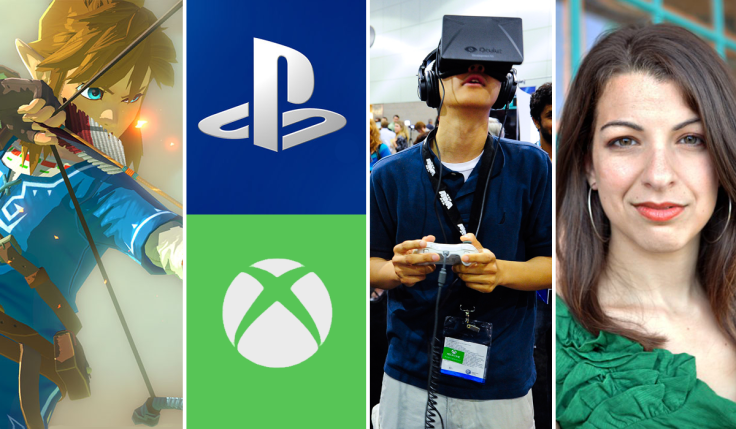
2014 has not been a great one for the video game industry. Major games were shipped in broken states, many others were delayed until 2015, there were far too many remasters, and the most vile and sexist of those on the internet militarised themselves to abuse women in the industry.
The unavoidable result was a wave of negativity sweeping over the medium and all those in it. As always however there were diamonds in the rough and the industry will surely rally. Lessons will be learned, the industry's reputation will heal and the games will get better.
The medium will flourish, and here's why....
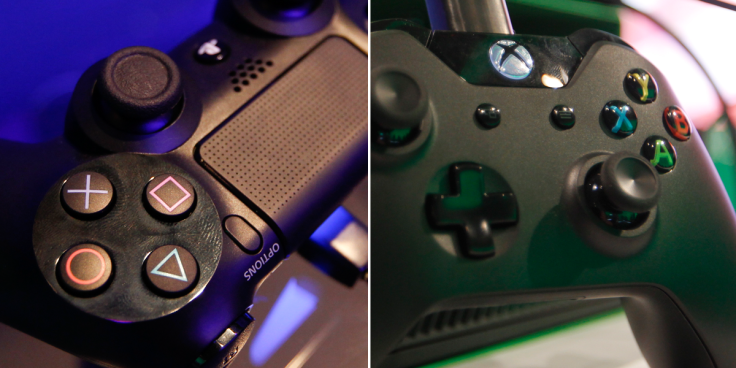
The PS4 and Xbox One will come into their own
There have certainly been good games released for PlayStation 4 and Xbox One in the first year they've been on sale, but there have been no real jaw-dropping moments to truly ring in a new generation of powerful consoles.
As developers drop Xbox 360 and PS3 support their successors will become the norm and with two years of development time now under the belt, those developers will be starting to reap the rewards of new tech and hand the results over to the eager masses.
With that will come the games that truly feel like the next step, and the first of those games could very well be....
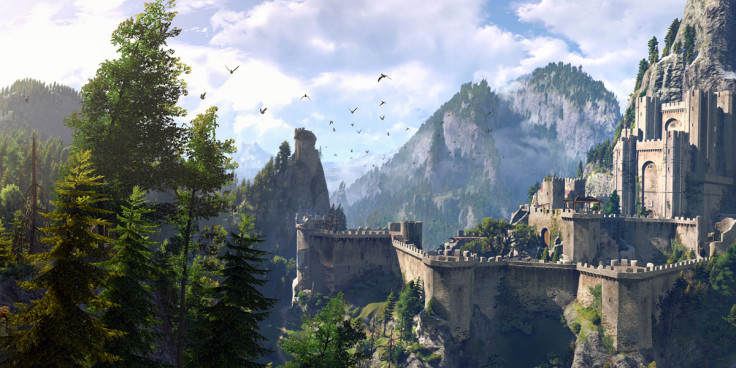
The Witcher 3: Wild Hunt
Exiting the sewers in The Elder Scrolls IV: Oblivion is a video game moment for the ages in large part because it represented the dawn of new, more powerful consoles when it was released on Xbox 360 in 2006.
If there's a chance that kind of generation-defining moment will be repeated for PS4 and Xbox One - The Witcher 3 may well be the game in which it happens.
CD Projekt RED's role playing game is enormous, beautiful and truly epic. It's already staggering, and we haven't even sampled it for ourselves yet.
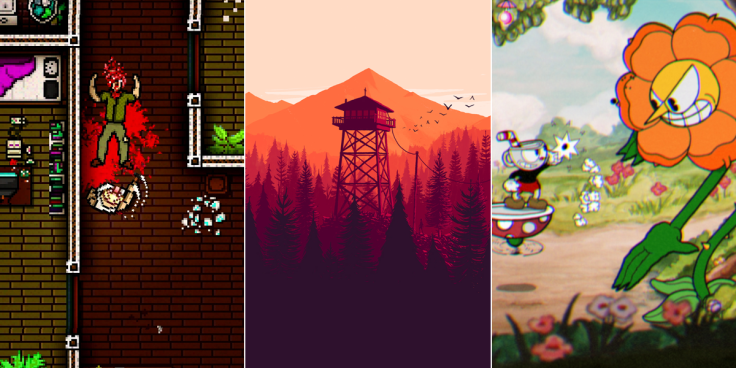
A booming indie scene
A couple of years ago the video game industry had a problem: there were big budget AAA blockbusters, micro-budget homebrew games few ever played, and little in between. The mid-market had dried up as publishers sought the next billion dollar franchise.
Those homebrewed games eventually birthed an indie scene that on Xbox Live found acclaim and success through titles like Limbo and Braid. Thanks to booming digital sales indie games have continued to grow in scale and on the new consoles can grow in ambition too. This has created a downloadable mid-market more sustainable than the retail model would have allowed on its own.
There are a wealth of games coming out that wouldn't look amiss in boxes on your local shelves - Rime, Everybody's Gone to the Rapture, The Witness, Firewatch, The Tomorrow Children and their ilk will stand alongside the smaller-scale likes of Below, Inside, Volume, Hotline Miami 2 and Cuphead to offer the industry a wider variety of genres targeting a bigger palate of tastes than ever before.
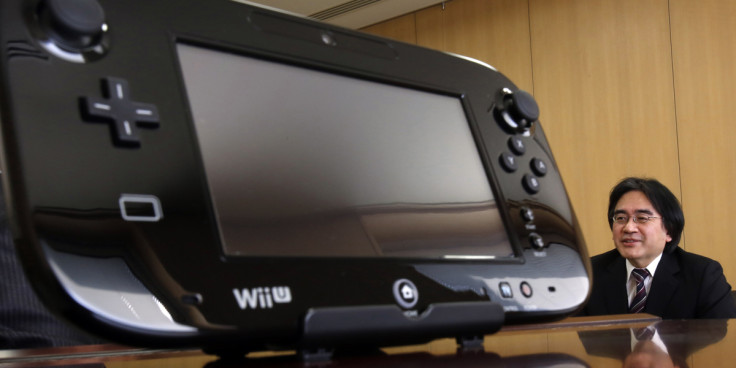
Nintendo's Wii U will only get better
The Wii U has been a tough sell for Nintendo, but thanks to Super Smash Bros and Mario Kart 8 things are turning around for the Japanese giant. The console's line-up of first party exclusives has blown away those of PS4 and Xbox One this year, and in 2015 their release schedule is even stronger.
Yoshi's Wolly World and Captain Toad: Treasure Tracker bring the requisite cutesy platforming, Mario Maker will offer people the chance to (guess what?) make their own Mario levels, and Devil's Third will target a more adult crowd as Bayonetta 2 did this year.
The focal point of their 2015 line-up however will be The Legend of Zelda, the next instalment in Nintendo's famous series that marks a major and belated overhaul for Link as he adventures in an enormous open world.
Star Fox also returns and as announced at The Game Awards it will (surprisingly given the bare state it was announced in at E3) be released in 2015 before the new Zelda.

Better representation and equality
GamerGate has been a blight on the gaming industry, a petulant bowel movement of a 'campaign' that claimed to be about "ethics in games journalism" but which proceeded to do nothing about the problems that do exist in the media and then ignored the issues that cropped up.
Instead the GamerGate hive mind decided to target women in the industry – chief among them critic Anita Sarkeesian and developers Brianna Wu and Zoe Quinn – exposing the vile nature of gaming's subset of misogynistic dinosaurs.
If there has been a positive to take from the whole mess, it's that it has reinvigorated the purpose of the so-called "social justice warriors" (I still struggle to see how the term can be interpreted as a bad thing) who are more eager to champion equality and better representation in gaming than ever.
This will manifest in better media criticism of established video game norms and better written female characters in future games being developed. In a year's time we won't be able to say everything is perfect, but we will be closer than ever to making GamerGate's equality nightmare a beautiful reality.
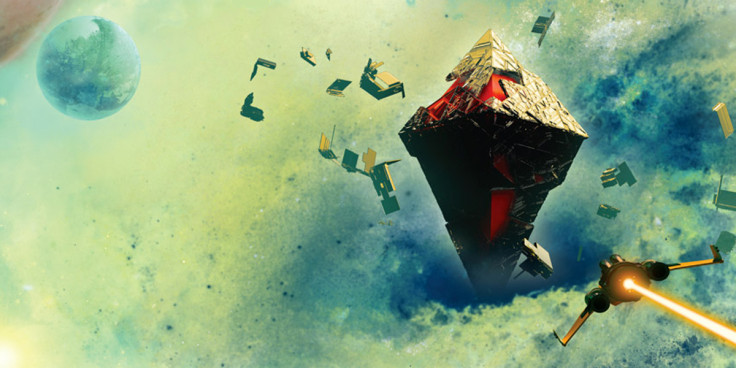
No Man's Sky and the Minecraft revolution
They promised people infinite possibilities, so inevitably lofty expectations have been piled onto Hello Games' space-faring epic, but so far the team is handling it all exceptionally well. No Man's Sky might just realise that next year (though they have said nothing about a release date so far).
In a recent interview with The Guardian, Hello Games lead Sean Murray said the game's lack of structure and freedom to explore and interpret the game however you want, might clash with the expectations of the Call of Duty generation.
Instead No Man's Sky is geared towards the Minecraft generation – a legion of young gamers growing up with a revolutionary game that has taught them they don't need to be told what to do to have fun.
"You ask a kid what they're doing when they play Minecraft and they can't even tell you," Murray said, "they're doing dozens of things no one has told them to. They're just playing."
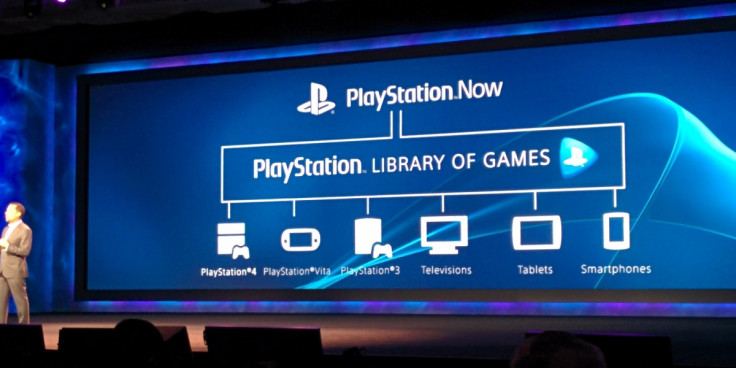
Streaming services
Sony's streaming service PlayStation Now may well prove to be one of the big innovations of this still-young console cycle. Utilising the Gaikai tech they acquired for $380 million (£242m), the service will allow users to stream games either on a game-by-game or subscription basis.
It's very early days but the potential to revolutionise gaming in much the same way Netflix revolutionised television is huge and something other major players in the industry cannot ignore. On-live attempted to get video game streaming up-and-running but failed due to a lack of monetary clout that Sony certainly has.
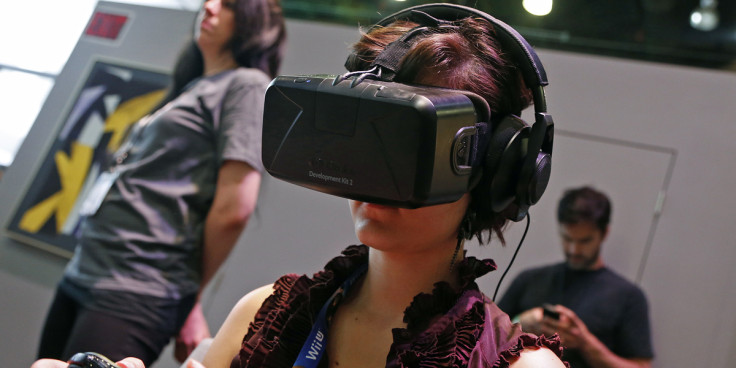
Virtual Reality
Multiple news stories throughout the year have listed Oculus Rift for release in 2015 and after such a long wait it does appear that the game-changing device may finally find its way into public hands next year.
With it will come competitors – chiefly PlayStation's Project Morpheus – but that should only be seen as a sign that this time virtual reality is here to stay, and its applications will stretch far beyond video games.
Gaming has been at the root of the Rift and its contemporaries however, and that's how it will remain. Virtual reality is going to be huge.
© Copyright IBTimes 2025. All rights reserved.






















